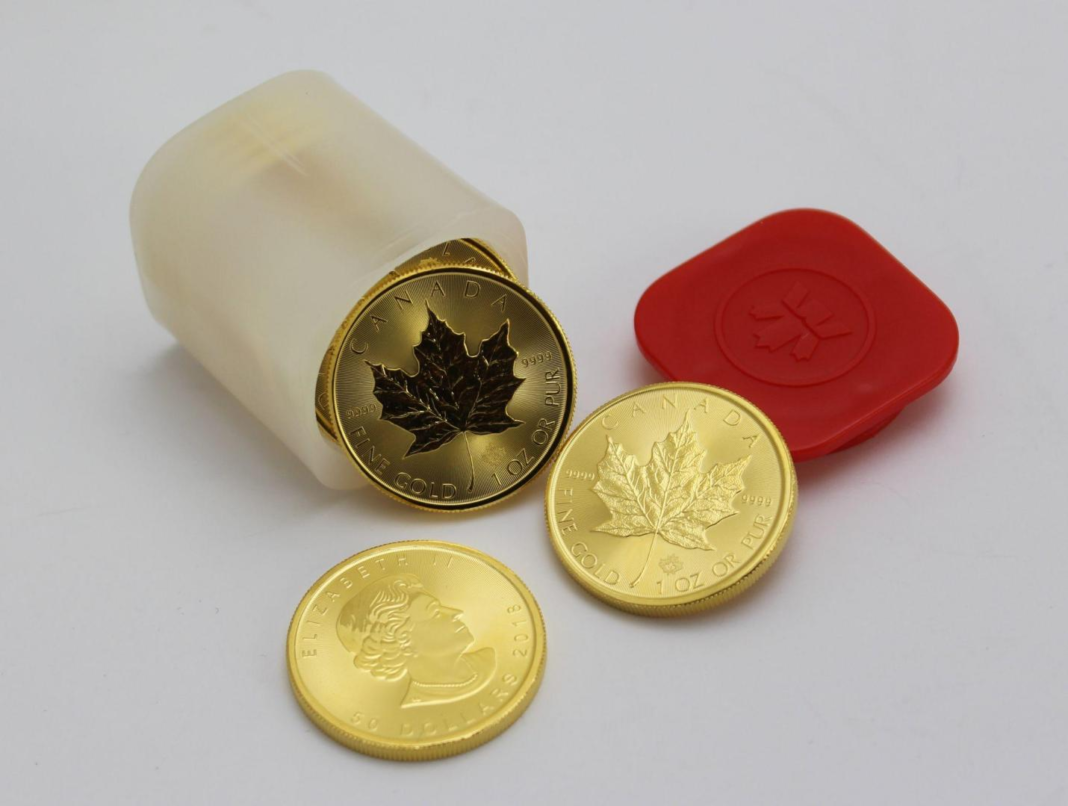People have been attempting to increase the quantity of the precious metal that they own ever since ancient times, which is one of the factors that has contributed to the gold market being an extremely competitive industry. These days, the amount of gold bullion that is kept in a country’s central bank is often used as a stand-in for the entire wealth of the nation. Gold is a commodity that is regarded in very high respect in all nations since it is an important cog in the economic machinery of the whole world.
Who Owns The Majority Of The Gold In Circulation?
It is difficult to come to an accurate evaluation of the world’s gold reserves due to the fact that a substantial portion of the world’s gold is kept in private hands. On the other hand, this makes it possible to estimate the quantity of the world’s gold reserves. According to the World Gold Council, the total quantity of gold that has ever been extracted from the world’s mines is roughly 190,040 metric tons; however, independent studies indicate a difference of around 20%.
The World Gold Council does not primarily depend on trustworthy data but rather makes use of publicly stated income as its major source of information. One of the reasons for the gap is that this occurred. It’s possible that some countries are underreporting the quantity of gold they have in their hands, either for political reasons or so they may gain an advantage over other countries. In addition, it is conceivable that some gold reserves were gained by unethical means, such as mining in conflict zones, and that these reserves were not revealed.
It is also possible that these reserves were not disclosed. It’s likely that some countries are hiding their gold reserves in order to protect their sources of finance or to have more control over their currency. It is hard to determine the exact value of the gold that is held in possession all over the world due to the aforementioned factors as well as other factors.
It is hard to determine with complete certainty who owns the majority of the world’s gold due to the significant amount of gold that is held privately as well as the possibility that some countries do not reveal all of their gold holdings. According to the World Gold Council, the total quantity of gold that has ever been extracted from the world’s mines is roughly 190,040 metric tons; however, independent studies indicate a difference of around 20%.
Why The Discrepancies?
One of the reasons for the gap is that this occurred. It’s possible that some countries are underreporting the quantity of gold they have in their hands, either for political reasons or so they may gain an advantage over other countries. In addition, it is conceivable that some gold reserves were gained by unethical means, such as mining in conflict zones, and that these reserves were not revealed. It is also possible that these reserves were not disclosed.
According to the World Gold Council’s latest report, the countries with the biggest gold reserves as of December 2020 were as follows: the United States of America, Germany, Italy, France, and China (WGC).
It is very important to keep in mind that the amounts that are shown here are estimations, and it is possible that they may not precisely reflect the quantity of gold reserves that are owned by each country. There is a possibility of underreporting gold holdings or making illegitimate acquisitions of gold that are not accounted for. Furthermore, some countries could be more honest than others regarding their gold holdings.
Are There Restrictions On How Much I Can Own?
The law in the vast majority of countries does not impose any restrictions on the quantity of gold that a person may legitimately acquire and retain under private ownership, either in a repository or home storage. This is the case in the United States. However, if an individual is found to be in possession of significant quantities of gold, they may be subject to specific reporting responsibilities as well as potential adverse tax repercussions.
For instance, a person in the United States is permitted to own an unlimited amount of gold since there are no limits set on such possession. On the other hand, if you sell gold and earn a profit from the transaction, you may be required to pay tax on the capital gain. This is because selling gold is considered a taxable event.
The rate of the capital gains tax that is applicable to assets such as gold and other investments varies based on the income tax band that you belong to as well as the period of time that has elapsed from the first time that the gold was acquired by the individual. Gains on gold that have been held for less than a year are considered to be short-term capital gains and are taxed at the same rate as the owner’s regular income.
This means that short-term capital gains (https://en.wikipedia.org/wiki/Capital_gains) are taxed at the same rate as regular income. A lower rate of taxation is applicable to long-term capital gains, such as the profits made from the sale of gold that has been kept for more than a year before being put up for sale.
You face the danger of being liable to extra taxes on top of the capital gains tax when you possess a considerable amount of gold. These additional taxes might be enormous. For instance, if you own more than $10,000 in gold or other monetary instruments, you may be required to report this information to the Internal Revenue Service (IRS).
It is essential that you discuss your situation with a tax professional and seek their guidance in order to guarantee that you are in full compliance with all relevant reporting responsibilities and to have a better knowledge of the tax repercussions of owning gold.


